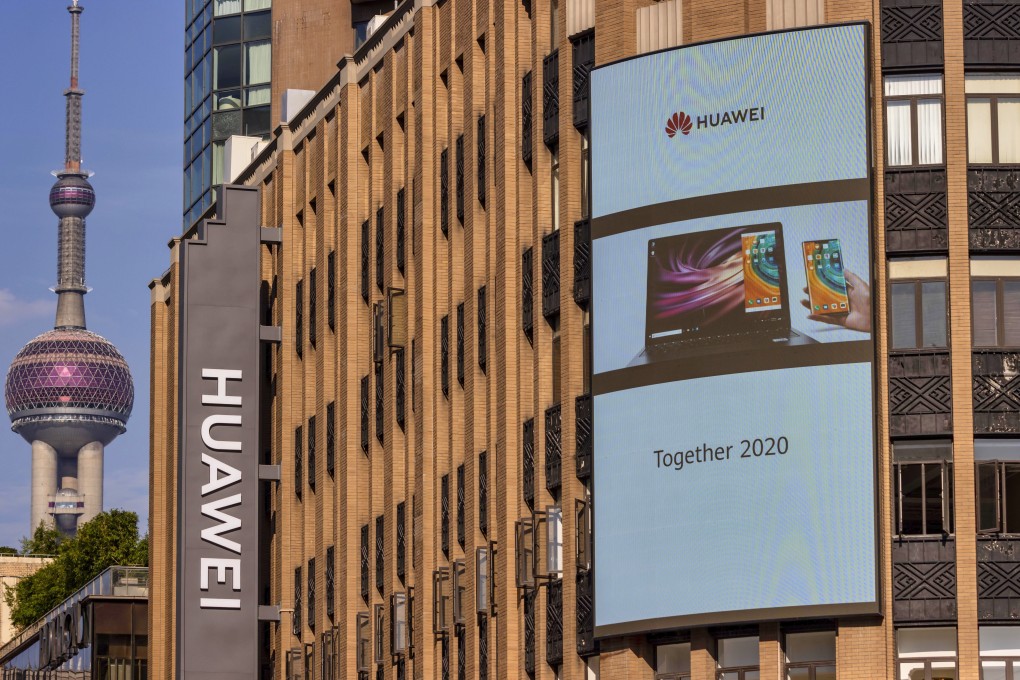Huawei planning to deploy Harmony OS on ‘many of its products’ next year, launching beta to attract app developers
- Shenzhen-based Huawei launches beta version of Harmony OS 2.0 targeting smartphone app developers with tools to help them build compatible apps
- It aims to roll out the proprietary operating system on ‘many of its products’ by next year

The Shenzhen-based company launched a beta version of Harmony OS 2.0 on Wednesday, targeting smartphone app developers. It aims to roll out the operating system on “many of its products” next year, Huawei told the Post on Friday.
More than 100,000 developers have since joined the Harmony OS ecosystem, including over 120 mainstream app builders such as China’s second-largest e-commerce platform JD.com, long-format video platform YouKu and voice recognition software provider iFlyTek, Huawei said in a press release on Wednesday.
The beta launched this week offers a developing environment identical to Harmony OS 2.0, with tools that will enable developers to create smartphone apps compatible with the operating system, Huawei said.
The telecommunications giant faces an uphill struggle to replace Google’s Android, which remains the world’s most popular mobile operating system and controls a 72 per cent share of the global market as of October, according to data analytics firm Statista. Android and Apple’s iOS, the world’s second most popular mobile operating system, jointly account for 99 per cent of the global market, Statista data showed.
